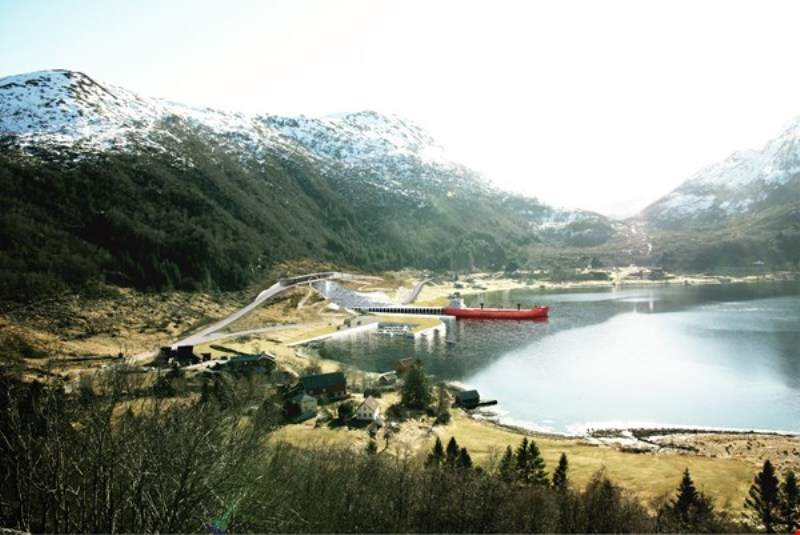Share this article

Go deeper with GlobalData

Sign up for our daily news round-up!
Give your business an edge with our leading industry insights.
The Norwegian Coastal Administration (NCA) plans to build the world's first ship tunnel with an investment of around NOK2.7bn ($315m), and the National Physical Laboratory (NPL) in the UK introduced traceable calibration service to provide improved underwater acoustic data. Ship-technology.com wraps up the key headlines from April, 2017.
